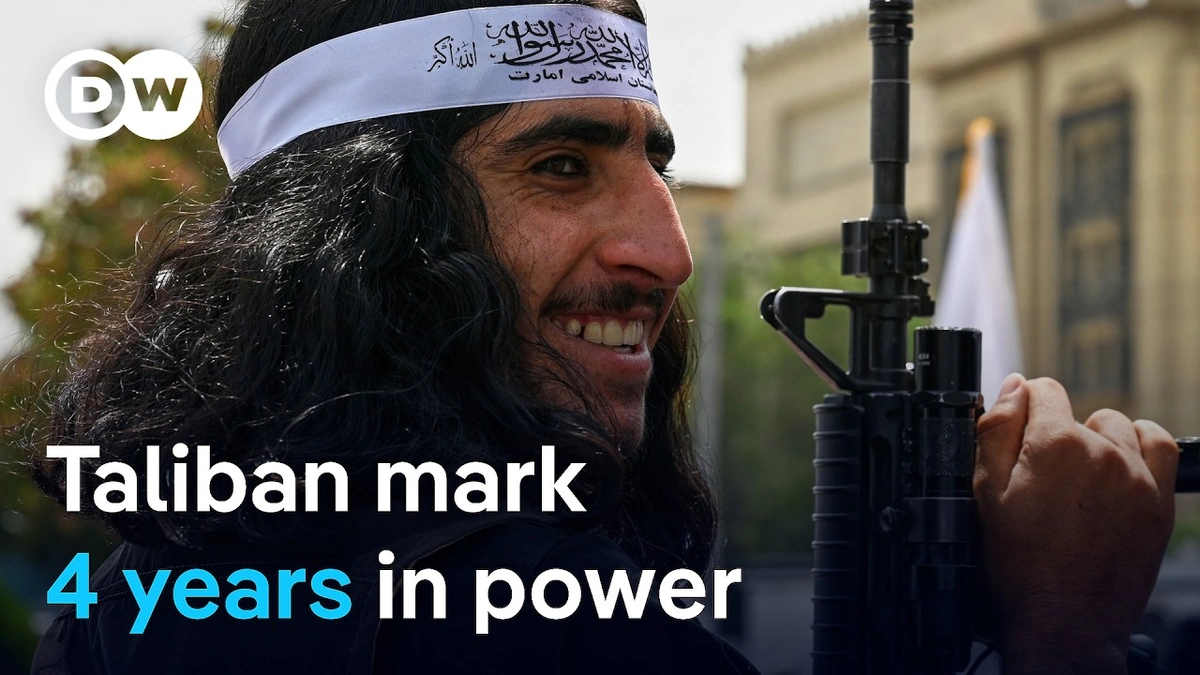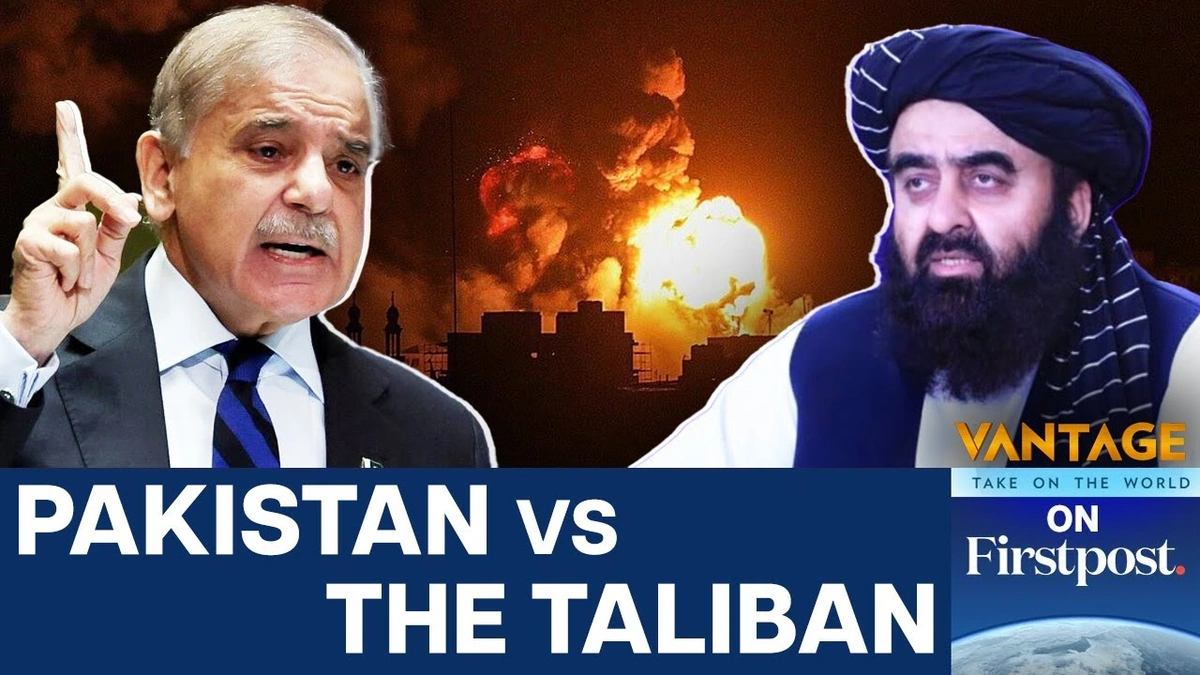Taliban Restricts Female Journalists at New Delhi Press Conference; Sparks Outrage
The news hit like a gut punch: female journalists barred from a press conference in New Delhi. Not just any press conference, mind you, but one involving the Taliban . Here’s the thing: it’s not just about one event; it’s about what it signifies. Let’s be honest, it’s a chilling reminder of the ongoing struggles for women’s rights, especially in regions under Taliban control .
Why This Matters | A Deeper Dive

So, why should we in India care about restrictions imposed on female journalists at a press conference in New Delhi? Because it’s a mirror reflecting uncomfortable truths about power, access, and the enduring fight for equality. It shows the limitations on press freedom that the Taliban imposes . The incident itself is a symptom of a much larger, deeply rooted problem.
Consider this: the Taliban’s policies towards women are, to put it mildly, oppressive. And when those policies start to creep into international interactions – like barring female journalists from doing their jobs – it sends a dangerous message. It normalizes discrimination. It silences voices that desperately need to be heard. And frankly, it undermines the very idea of a free and open press. It challenges women’s rights everywhere.
Think about the message this sends to aspiring female journalists in Afghanistan, in India, and across the globe. What does it tell them about their place in the world? About their ability to hold power accountable? It’s a chilling effect, no doubt. And it’s something we need to actively resist. The issue of gender discrimination is a global issue.
How Does This Impact India?
India has always prided itself on being a vibrant democracy with a free press. This incident, however, forces us to confront a difficult question: how do we reconcile our values with the need to engage with regimes like the Taliban ? It’s a tightrope walk, no doubt. We need to be clear on our stance.
Furthermore, the very act of holding the press conference in New Delhi brings up questions regarding international diplomacy. According tothe Ministry of External Affairs, any press conferences must be in line with Indian Law. Has due diligence been taken to ensure the press conference is in line with Indian values?
The optics are, frankly, terrible. Imagine the outrage if a similar restriction were placed on male journalists in Kabul. And here’s the kicker: it wasn’t some rogue security guard acting independently. This was a deliberate policy decision. And that’s what makes it so deeply concerning.
The Emotional Toll | Silencing Voices
Let’s not forget the very real emotional toll this takes on the female journalists themselves. They are professionals doing their jobs, facing blatant discrimination simply because of their gender. It’s demoralizing, it’s frustrating, and it’s utterly unfair. But let’s pause for a second and think about the message that this sends. What is the role of journalism in a democratic society and the role that female journalists play?
Imagine preparing for days, lining up interviews, crafting your questions, and then being told, “Sorry, you can’t come in because you’re a woman.” The humiliation, the anger, the sheer injustice of it all… It’s a powerful reminder of the barriers that women continue to face, even in the 21st century. And this is a stark reminder that women in journalism are facing a tough time.
And it’s not just about this one incident. It’s part of a larger pattern of silencing female voices, of restricting their access to information, of limiting their opportunities. It’s a deliberate attempt to marginalize women and keep them out of the public sphere.
Beyond the Outrage | What Can Be Done?
So, what can be done? Outrage is important, but it’s not enough. We need concrete action. First, we need to hold the Taliban accountable for their actions. That means using every diplomatic tool at our disposal to pressure them to respect women’s rights. This includes applying international pressure on Taliban leadership .
Second, we need to support female journalists on the ground. That means providing them with resources, training, and protection. It means amplifying their voices and ensuring their stories are heard. Third, we must stand in solidarity with womenaround the world who are fighting for equality and justice. Their struggle is our struggle. Their fight is our fight.
This isn’t just a political issue; it’s a human issue. And it requires a human response. We need to be vocal, we need to be visible, and we need to be unwavering in our commitment to women’s rights. According toUN Women, it is vital that we engage in discussions of Taliban restrictions on women and how to push back against these oppressive and discriminatory regulations.
FAQ | Understanding the Nuances
Frequently Asked Questions
Why did the Taliban hold a press conference in New Delhi?
The reasons are complex, likely involving diplomatic outreach and attempts to gain international legitimacy. However, the choice of venue and the subsequent restrictions raise serious questions about India’s role.
What are the specific restrictions imposed on female journalists?
Reports indicate they were barred from entering the press conference, effectively preventing them from reporting on the event.
Is this an isolated incident or part of a larger pattern?
Unfortunately, this appears to be consistent with the Taliban’s restrictive policies towards women, especially regarding their access to education, employment, and public life.
What can I, as an individual, do to help?
Support organizations that advocate for women’s rights, amplify the voices of female journalists, and hold your elected officials accountable for promoting gender equality in foreign policy. You can also sign petitions and spread awareness on social media.
What’s the Indian government’s official stance on this?
While there hasn’t been an official statement directly addressing this specific incident, India has generally supported women’s rights and empowerment internationally. The government will likely tread carefully due to the delicate diplomatic situation.
How are other international bodies reacting?
Many human rights organizations and press freedom groups have condemned the restrictions and called for greater accountability from the Taliban. Expect more statements and potential diplomatic actions to follow. See our article about rats!
The incident in New Delhi is a stark reminder that the fight for women’s rights is far from over. It requires constant vigilance, unwavering commitment, and a willingness to challenge injustice wherever it occurs. This is not just about a press conference; it’s about the future of equality.













